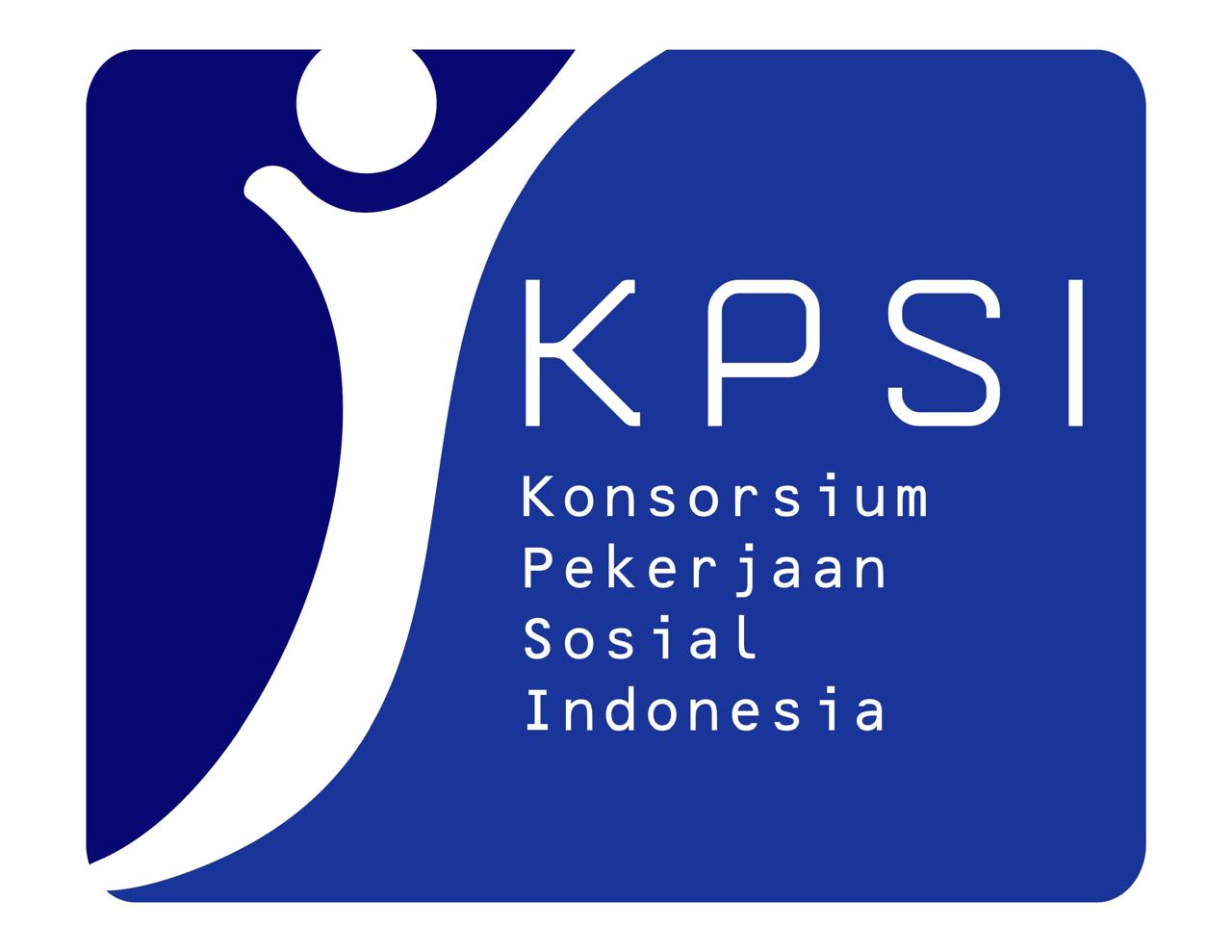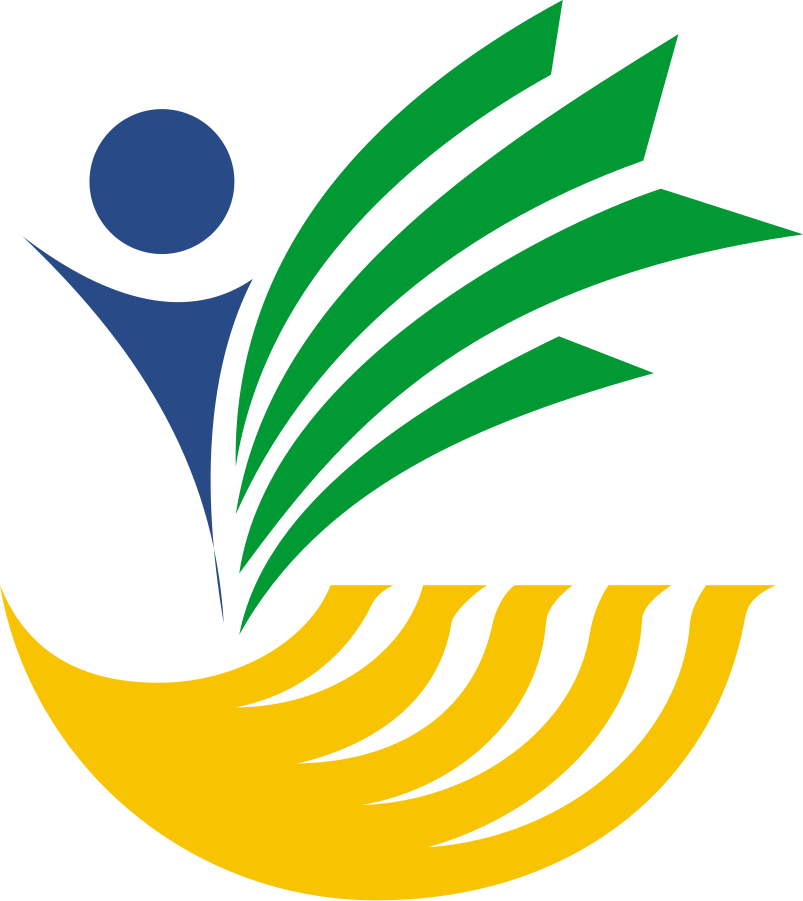Ethics Responsibility: Using Social Media of Social Work Practice in Thailand
DOI:
https://doi.org/10.58671/aswj.v11i02.54Abstract
This study aims to develop communication guidelines for social workers using social media. Thematic analysis of documents and reviews was used as the research methodology. The importance of understanding the use of social media in social work practice and the need for guidelines to ensure professional ethics are upheld. The guidelines incorporate legal knowledge and standards, including relevant laws such as the Kingdom of Thailand 2017 Constitution and the Social Work Profession Act 2013. Emphasise the importance of digital literacy, technology literacy, and ethical communication skills to communicate with clients and multidisciplinary teams effectively. The Thailand Council of Social Work Professions has presented guidelines for public communication for social work professionals. The guidelines stress the importance of social workers considering the best interests of their clients when providing online services. e-professionalism is also essential for social workers to explore ethical considerations in the digital world.
References
The Constitution of the Kingdom of Thailand 2017 B.E. 2560
The Social Work Profession Act 2013 B.E. 2556
The National Health Act 2007 B.E. 2550
The Personal Data Protection Act 2019 B.E. 2562
The Computer Crime Act (2nd edition). 2017 B.E. 2560
Bhornchanit Leenaraj. (2017). Digital literacy skills for developing learning quality. T.L.A. Bulletin Vol.61 No.2 July –December 2017. Bangkok: Thai Library Association
British Association of Social Workers (BASW), (2021). The Code of Ethics for Social Work. Retrieved May 3, 2021, www.basw.co.uk/about-basw/code-ethics
Berzin,S.C., Singer, J., and Chan, J., (2015). Practice Innovation through Technology in the Digital Age: A Grand Challenge for Social Work.
Practice Innovation through Technology in the Digital Age—a Grand Challenge for Social WorkRetrieved May 3, 2021, https://aaswsw.org/wp-content/uploads/2015/12/WP12- with-cover.pdf.
Canadian Association of Social Workers (CASW) (2014). Social Media Use and Social Work Practice. Retrieved June 6, 2021,
https://www.caswacts.ca/files/policy_statements/social_media_use_and_social_work_practice.pdf
Chai Photisita. (2011). Science and art of quality research (5th edition). Bangkok: Amarin Printing and Publishing.
Council of Social Work Professions. (2022). Guideline of practice in social work and social media.
Council of Social Work Professions. (2021). Service standards of social work professionals.
Donna McAuliffe & Sharlene Nipperess (2017). e-Professionalism and the Ethical Use of Technology in Social Work. Australian Social Work, 70:2, pp. 131–134, DOI: 10.1080/0312407X.2016.1221790
Dietz, C., & Thompson, J. (2004). Rethinking Boundaries: Ethical Dilemmas in the Social Worker-Client Relationship. Journal of Progressive Human Services, 15(2), 1–24.
Frankel A, Haraden C, Federico F, Lenoci-Edwards J. (2017). A Framework for Safe, Reliable, and Effective Care. White Paper. Cambridge, MA: Institute for Healthcare Improvement and Safe & Reliable Healthcare.
Grizzle, A., Carme Torras Calvo, M. (2013). Media and Information Literacy. Policy and Strategy Guidelines. Paris: UNESCO.
International Federation of Social Workers (IFSW). (2022). The role of social workers in advancing a new eco-social world. Retrieved June 6, 2021, https://www.ifsw.org/the-role-of-social-workers-in-advancing-a-new-eco-social-world/
Kaczmarczyk JM, Chuang A, Dugoff L, Abbott JF, Cullimore AJ, Dalrymple J, Davis KR, Hueppchen NA, Katz NT, Nuthalapaty FS, Pradhan A, Wolf A, (2013). Casey PM. E-Professionalism: A new frontier in medical education. Teach Learn Med. 2013;25(2):165–70. doi: 10.1080/10401334.2013.770741. PMID: 23530680.
Kimball E., Kim J., (2013). Virtual Boundaries: Ethical Considerations for Using Social Media in Social Work. National Association of Social Workers.
Kitipat Nontapattamadul. (2007). Quality research in social welfare: Concepts and Methodology. Bangkok: Thammasat University Press.
Lopez A., (2014). Social Work, Technology, and Ethical Practices: A Review and Evaluation Of the National Association of Social Workers’ Technology Standards. Social Work in HealthCare., 2014.
Ministry of Social Development and Human Security. (2022). Summary Report of the Center For COVID-19 Situation Administration. Bangkok: Ministry of Social Development and Human Security.
Panpaporn Leeviroj. (2021). The COVID-19 crisis has dramatically increased social inequality. Journal of Social Synergy, 12(3), 57–68. Faculty of Social Work and Social Welfare Huachiew Chalermprakiet University.
Phumkhum Jatutapornchan and Trisorn Thicheevanon. (2020). Managing Inequality from the COVID Crisis. Thailand Development Research Institute (TDRI), Retrieved June 6, 2021, https://tdri.or.th/2020/10/inequalities-in-the-time-of-covid-19/
Vukušić Rukavina T, Viskić J, Machala Poplašen L, Relić D, Marelić M, Jokic D, Sedak K. (2021). Dangers and Benefits of Social Media on E-Professionalism of Health Care Professionals. Scoping Review J Med Internet Res 2021;23(11):e25770 URL: https://www.jmir.org/2021/11/e25770 DOI: 10.2196/25770
Supang Chantawanich (1999). Qualitative Research Methods. Chulalongkorn University Press. Office of the Civil Service Commission (2564). What is Digital Literacy? Retrieved May 18, 2021,
https://www.ocsc.go.th/DLProject/mean-dlp
Wantanee Vasikasin, Surangrat Wasinarom, Kitipat Nontapattamadul (2004). Fundamental Knowledge of Social Welfare and Social Work. (5th edition). Bangkok: Thammasat University Press.
World Health Organization (WHO). (2011). Multi-professional Patient Safety Curriculum Guide. Retrieved June 26, 2021, http://www.who.int/patientsafety/education/curriculum/en/index.html
Downloads
Published
How to Cite
Issue
Section
License
Copyright (c) 2023 Kath Khangpiboon, Panrat Nimtaluong , Ronnarong Jundai

This work is licensed under a Creative Commons Attribution-NonCommercial-ShareAlike 4.0 International License.
































